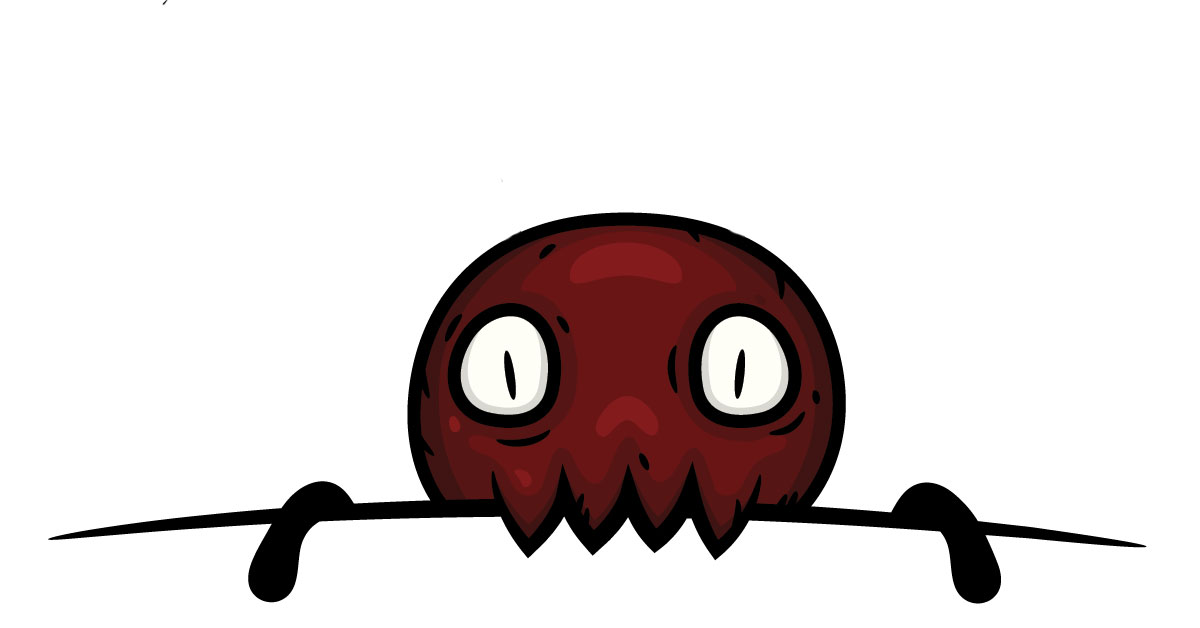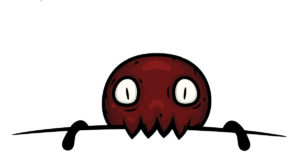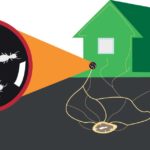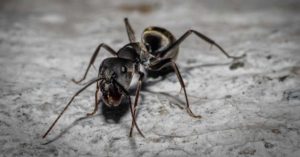
 When it comes to injuries from insects, people think of bee stings and spider bites first and at the top of the danger list. Yet ants also bite, causing serious consequences.
When it comes to injuries from insects, people think of bee stings and spider bites first and at the top of the danger list. Yet ants also bite, causing serious consequences.
Do Ants Bite People?
The first misunderstanding is the term “ant bite.” For most types of ants, what they actually do is release drops of acidic venom from their mouth. The venom burns and feels like a bite.
For the ants that do “bite” – like red or fire ants – they actually pinch skin between their mandibles and then release acidic venom. While technically not a bite, the burning sensation it causes feels the same. For simplicity, we will still use the term “ant bite” in the rest of this article.
The good news is that most types of ants won’t hurt you if you don’t disturb them. Generally, ant bites happen when they feel threatened or if you disturb their colony. So on Long Island, ant bites are less common than they are in the south where fire ants exist and are aggressive.
While ants do not transmit diseases through their bites like mosquitoes, ticks, and other insects do, they can transmit disease through cross-contamination. Ants have been found to transmit food-carried diseases such as E. coli, salmonella, strep, Shigella, and clostridium, among others.
What Does an Ant Bite Look Like?
For most ant bites, the result isn’t easy to distinguish from other insect bites – the affected area will have a burning or stinging sensation, be red, irritated, and perhaps swollen. The type of ant bite that is noticeable belongs to the fire ant.
Thankfully, we do not have that type of ant on Long Island, so it is only a concern if you travel south. In that case, you do need to be very careful because fire ant bites can be serious, frequently form pustules, and can even leave scars.
How Do You Treat an Ant Bite?
Treatment depends upon the severity of the ant bite. If you only have welts, red or not, cool compresses are usually sufficient. Topical steroids are sometimes recommended, with oral steroids only used for severe reactions. Do not scratch the ant bite, even if it itches, because that can lead to infections and scarring.
In the case of an allergic reaction, more serious steps might be required. If epinephrine or an EpiPen is not available, an allergic reaction might require a trip to the emergency room.
How Long Do Ant Bites Take to Heal?
Usually, an ant bite is healed (mostly or fully) within seven to 10 days of the incident. If, however, at any point after being bitten, you experience:
- Problems breathing
- Fast heart rate
- Dizziness
- Swelling in the legs, arms, or throat
- A sharp drop in blood pressure
… Then you need to seek medical attention right away.
Arrow Exterminates Ants
Don’t let ants drive you buggy. If you think you have an ant problem, keep your family safe and prevent it from getting worse by calling Arrow Exterminating to identify the type of ant and eliminate them. To get started, contact Arrow Exterminating today.





